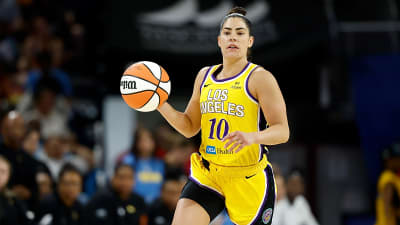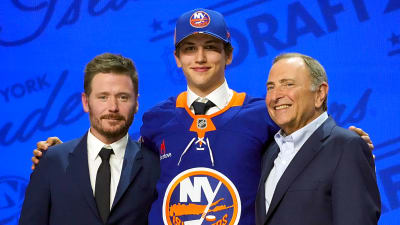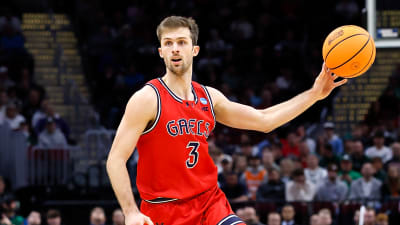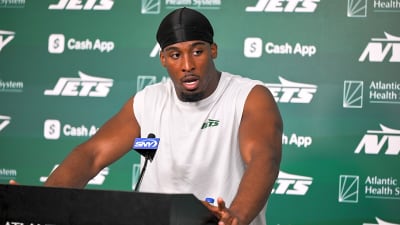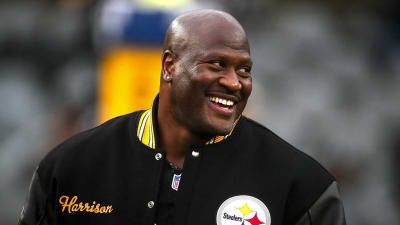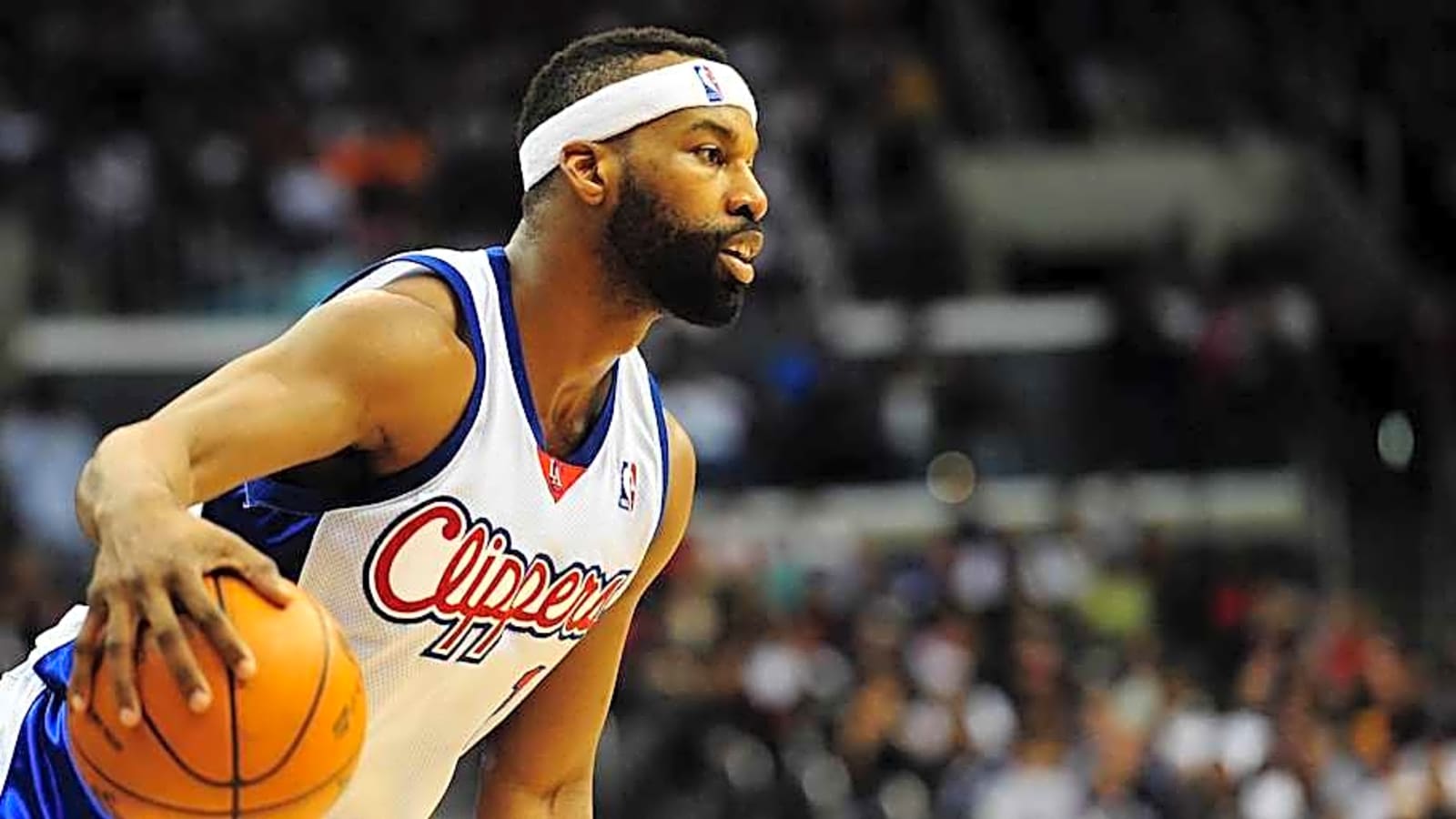
If it weren’t for injuries, UCLA legend Baron Davis could’ve been one of the more electric players in the game of basketball.
That’s not to say he didn’t have a storied career filled with accolades and moments, but could he have been more?
Davis enjoyed two years at UCLA, where he averaged a career 13.9 points, 5.1 assists, and a staggering 2.5 steals per game. In his freshman year, he led the Pac-10 with 2.4 steals per game.
He began his professional career with the Charlotte Hornets after being drafted third overall in the 1999 NBA Draft.
Starting off, Davis wasn’t much of an impact player, as he played all 82 games coming off the bench in Charlotte, but only averaged 5.9 points per game.
However, in his sophomore season, that’s when his game started to take off. Similarly, he played all 82 games, averaged just a smidge under 14 points per game, 7.3 assists, and, to continue his thievery, posted 2.1 steals.
Charlotte started to see the return on its investment already. Davis kept the city on the edge of its seats with his ability to see the floor, pickpocket, and his superior athleticism.
That athleticism earned him a spot in the 2001 Dunk Contest. As a finalist, he nearly swept fans off their feet when he pulled out “The Blind Man’s Bluff,” a dunk he labeled as his “secret weapon,” where he put a headband over his eyes and attempted a windmill dunk.
The secret weapon was deemed inefficient, as Davis wasn’t even close to hitting it, resulting in a second-place finish.
In 2001 and 2002, Davis helped lead the Hornets to the playoffs as their main option, winning the first round in each of those seasons.
Davis was a defensive force in the playoffs during his Charlotte years and led the league in steals, averaging 2.8 in ‘01 and a mesmerizing 3.6 in ‘02.
Those defining numbers led him to holding the all-time NBA record in steals per game in the postseason.
Given how deadly of an on-ball defender he was, it was mind-blowing that he never received any All-Defense honors.
After his third season, though, it seemed like his career took a halt, where he started dealing with injuries. In 2002, the Hornets relocated to New Orleans, and Davis posted lower numbers than what we were used to seeing from him. But it was also because he dealt with injuries that kept him out for 32 games.
Still, they were able to make the playoffs but ultimately lost to Allen Iverson and the Philadelphia 76ers in the first round.
The following season was more along the lines of what we were used to. Davis was among the NBA’s elite in 2003-04, averaging 22.9 points, led the league in steals for the first time in a regular season with 2.4, and was selected to the All-Star Team. Additionally, during All-Star Weekend, Davis captured the Skills Challenge title.
New Orleans was looking like a legitimate team, until the losses started mounting up at the turn of the calendar year. Ultimately, the Hornets still made the playoffs but fell victim to Dwyane Wade and the Miami Heat in seven games of the first round.
Shortly after, it was reported that Davis requested a trade, and it sent the Hornets into a tailspin. The request marked the beginning of the end of the Davis era in New Orleans as they went 18-64, and mid-season, Davis was traded to the Golden State Warriors.
From there, Davis continued his steady production. Injuries came and went, but Davis was still producing at a high level. It got to the point where he led Golden State to the playoffs in the 2006-07 season as an eight-seed. And while eight seeds rarely make significant damage in the playoffs, the Davis-led Warriors were the exception to the rule.
They defeated the one-seed Dallas Mavericks, led by Dirk Nowitzki, in the first round 4-2, and even though they fell to the Utah Jazz in the second round, Davis made a mark in Warriors history, dunking over Andrei Kirilenko.
In the following season, that was Davis’ last season where he was “that guy.” He played all 82 games for the first time since 01-02 and averaged 21.8 points per game.
Once his contract ended, he signed a five-year deal to play with his hometown Los Angeles Clippers in 2008, and while he was effective, he didn’t have that Baron Bump that we were so used to seeing.
That continued toward the end of his career, with brief stints in Cleveland and New York. Davis thought he could revive his career, but sometimes, too much bounce can cause long-term damage. Ask Derrick Rose.
It bears the question, though — had he stayed relatively healthy, could we have seen a Hall of Fame career? It’s no doubt that the UCLA legend was one of the more talented players this game has ever seen, and we were privileged to see him in his prime.
But because his career ended at the age of 31, we’ll never know what else he could’ve offered the game. Still, we got a glimpse of greatness, and it was worth the price of admission.
More must-reads:
- Spurs showing interest in free agent with ties to Victor Wembanyama
- What impact will Lonzo Ball, Isaac Okoro have for new teams after trade?
- The 'NBA all-time scoring leaders' quiz
Breaking News
Trending News
Customize Your Newsletter
 +
+
Get the latest news and rumors, customized to your favorite sports and teams. Emailed daily. Always free!

